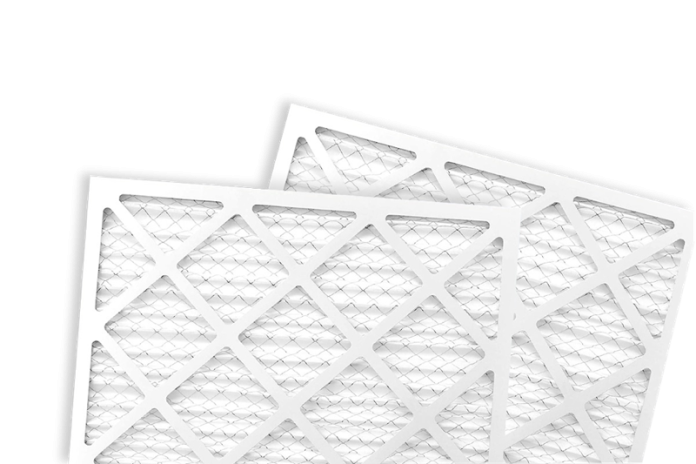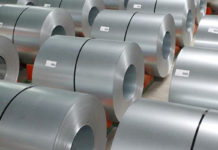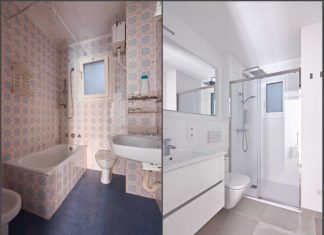Introduction
Indoor air quality is critical to living in a healthy and safe environment. Poor indoor air quality can cause a variety of health problems and negatively impact inhabitants’ well-being. Air filters play an important role in enhancing indoor air quality by capturing airborne particles and pollutants. In this post, we will look at the health hazards associated with poor indoor air quality, the benefits of air filters in improving indoor air quality, the many types of air filters and their benefits, and how to select the correct air filter for your house and individual needs.
The Health Risks of Poor Indoor Air Quality
Poor indoor air quality can have several health risks. Airborne particles like dust, pollen, and mold spores can trigger or worsen respiratory problems, such as asthma and allergies. Indoor pollutants can cause eye, nose, and throat irritation, leading to discomfort and reduced productivity. Prolonged exposure to poor indoor air quality can cause headaches, fatigue, and difficulty concentrating. When exposure is prolonged, certain pollutants are linked to more severe health issues, including heart disease, respiratory diseases, and cancer.
How Air Filters Can Improve Indoor Air Quality and Protect Your Health:
Air filters significantly contribute to improving indoor air quality. They efficiently capture dust, pollen, pet dander, mold spores, and other airborne particles, preventing them from circulating in the indoor air. By removing allergens from the air, air filters can help alleviate allergy symptoms in individuals with allergies or respiratory conditions. Some air filters are designed to remove volatile organic compounds (VOCs) and other harmful pollutants, promoting a healthier living environment.
How to Choose the Right Air Filter for Your Home and Needs
Choosing the right air filter for your home and specific needs is crucial to maintain optimal indoor air quality and ensure the well-being of occupants. Here are some essential factors to consider when selecting an air filter:
The first step in choosing the right air filter is to determine the correct size. Measure the dimensions of your existing filter or refer to your HVAC system’s manual to find the exact size you need. Common filter sizes include 20x23x1 and 10x30x1, but there are various sizes available to fit different HVAC systems.
Look for the Minimum Efficiency Reporting Value (MERV) rating of the air filter. MERV ratings typically range from 1 to 20, with higher ratings indicating better filtration efficiency. Filters with higher MERV ratings can capture smaller particles, including dust, pollen, pet dander, and mold spores. Filters with MERV ratings between 7 and 13 are usually sufficient for residential use to maintain good indoor air quality.
Consider the recommended replacement schedule for the air filter. Regularly replacing the air filter ensures that it functions optimally and maintains efficient filtration. Follow the manufacturer’s guidelines for replacement intervals based on the filter’s type and usage.
Evaluate the cost of the air filter and your budget. While high-quality filters may harvest and budget a slightly higher initial cost, they often offer better performance and longevity, resulting in long-term cost savings.
If you or your family members have specific health concerns or respiratory conditions, consider selecting a filter that addresses those needs. HEPA filters, for example, are highly effective at capturing allergens and can significantly benefit individuals with allergies or asthma.
Choose air filters from reputable manufacturers or trusted suppliers like Simply Filters. A reliable manufacturer will provide accurate information about the filter’s performance, making it easier for you to choose the right filter for your home.
By considering these factors and choosing the appropriate air filter, you can effectively improve your indoor air quality, create a healthier living environment, and protect the health and well-being of everyone in your home.
Conclusion
Maintaining good indoor air quality is crucial for the health and well-being of occupants. Poor indoor air quality can lead to various health risks, but air filters provide an effective solution to improve indoor air quality and protect your health. Air filters create a cleaner and healthier living environment by efficiently capturing airborne particles and pollutants.















